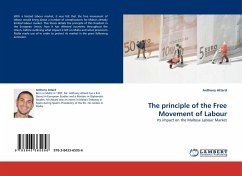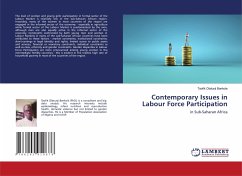Labour law is a tool of stabilising relations between employees and employers in the workplace. It ought to ensure labour peace, economic stability and social justice. It should proffer progressive mechanisms of ensuring pleasant relations between employees and employers, and of resolving labour disputes. In the contemporary world of work, it remains to be seen if all these ambitions are realisable under the current status quo. Work has changed and is continuing to do so for both better and worse. This has been given added impetus by dominant trends of employment which includes amongst others, informalisation, externalisation and casualisation. Subsequently, work became very dynamic and the majority of the working population have no/have inadequate access to labour protective ambits. Hence, it is asserted that labour law has lost its aptitude to proffer necessary protection to the majority of workers today, particularly those in desperate need. Consequently, workers including docile children, remain subjects of devastating exploitation by the petit-bourgeoisies. This then defeats the purpose of labour law, the SADC s decent work agenda and social security initiatives in general.
Bitte wählen Sie Ihr Anliegen aus.
Rechnungen
Retourenschein anfordern
Bestellstatus
Storno








